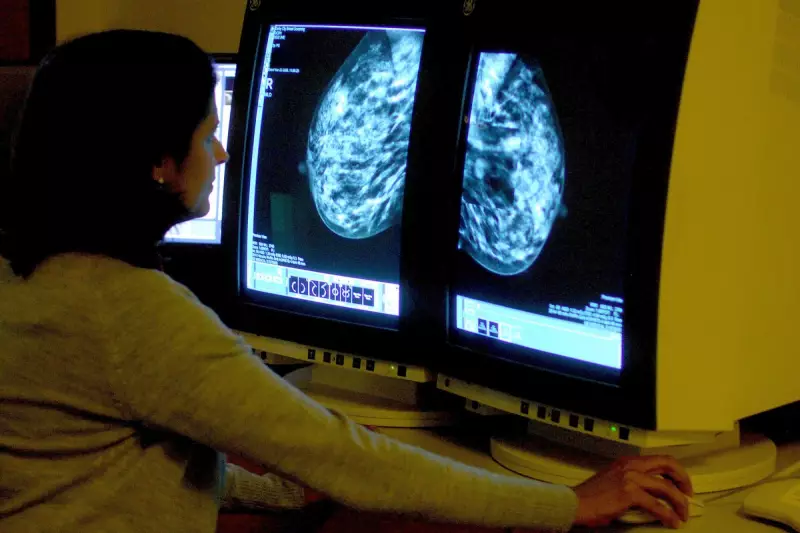
In a major leap forward for breast cancer detection, scientists have developed a groundbreaking new test that could dramatically improve early diagnosis and save countless lives.
The innovative approach, detailed in a recent study, identifies subtle biological markers associated with breast cancer long before traditional symptoms appear. Researchers believe this could lead to faster treatment and significantly better outcomes for patients.
How the New Test Works
Unlike conventional mammograms, which detect physical changes in breast tissue, this new method analyses molecular signals in the bloodstream. The test is designed to be:
- More sensitive than current screening methods
- Capable of detecting cancer at earlier stages
- Less invasive for patients
Potential Impact on Survival Rates
Early detection is crucial in breast cancer treatment. When caught at stage 1, patients have a 98% five-year survival rate. This drops to just 26% for stage 4 diagnoses. The new test could help shift more detections to earlier, more treatable stages.
Next Steps for Implementation
While the results are promising, researchers caution that wider clinical trials are needed before the test becomes widely available. The NHS is closely monitoring developments, with hopes to incorporate the technology into routine screening programmes if approved.
Cancer charities have welcomed the news, calling it "a potential game-changer" in the fight against breast cancer, which affects about 55,000 women in the UK each year.





